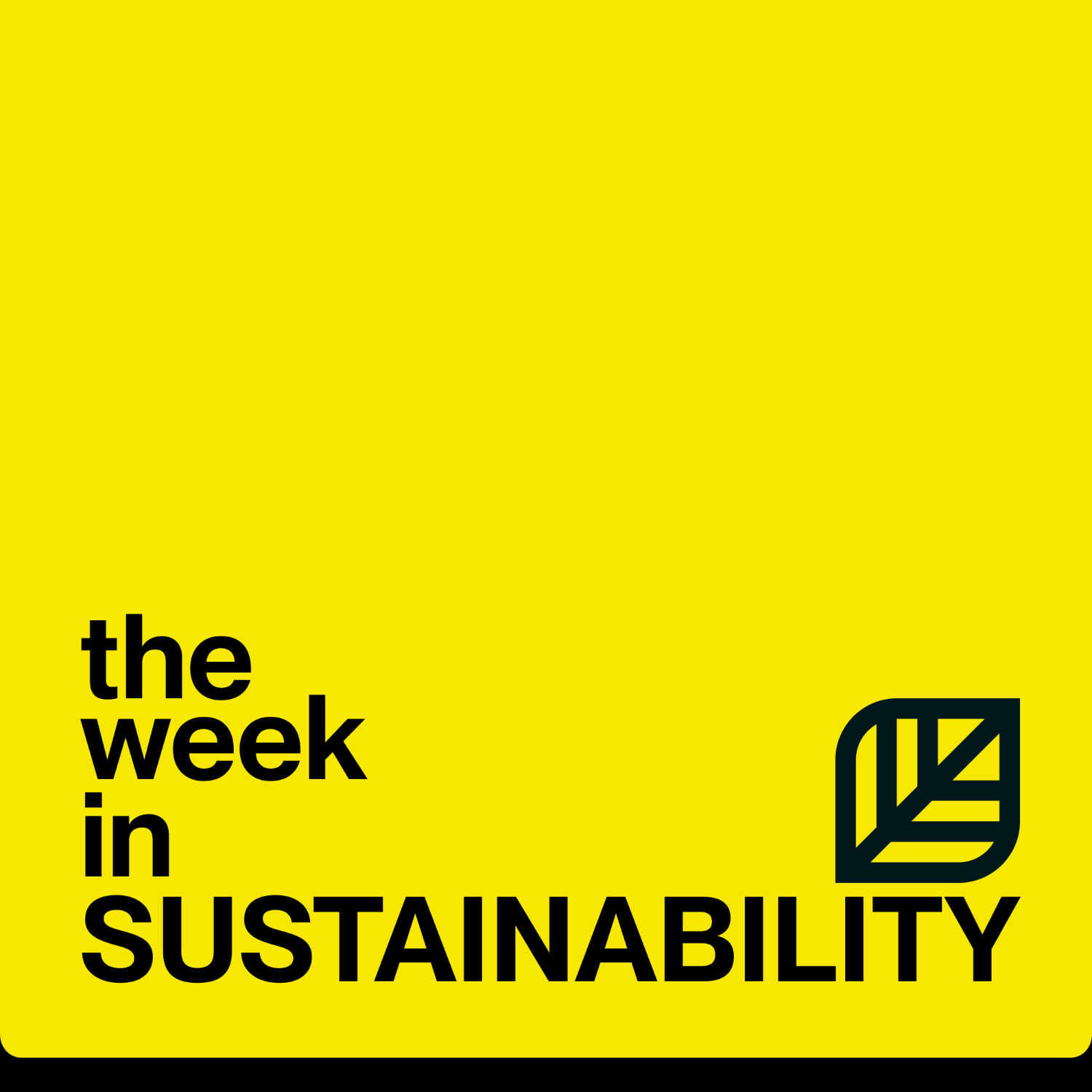2023 in review: The Climate and ESG landscape // The Week in Sustainability #67
Description
Every year, we like to pause to reflect on the progress made in the sustainability and ESG space. 2023 was no exception, emerging as a landmark period of transformation and growth. This year, there have been significant strides in regulations and the interoperability of sustainability reporting. It set new benchmarks for corporate accountability and climate action, impacting businesses globally. Below are some key highlights discussed in this week’s episode.
Key developments:
International Sustainability Standards Board (ISSB) release: This year witnessed the highly anticipated release of the ISSB’s IFRS global reporting standards. These standards marked a pivotal moment in creating a unified framework for sustainability reporting, aiming to consolidate various reporting requirements under a cohesive global standard.EU’s Corporate Sustainability Reporting Directive (CSRD): The formal adoption of the EU's CSRD represented a significant regulatory milestone. It emphasized the need for companies to disclose their environmental and social impacts, enhancing transparency and accountability in corporate governance.Alignment and harmonization efforts: Despite delays in finalizing certain rules and details, the year saw efforts to align and harmonize the various ESG standards. This endeavor aimed to simplify the complex landscape of sustainability reporting, making it more accessible for stakeholders.Private market initiatives: In response to regulatory developments, giant private market corporations announced ambitious climate plans focusing on supply chain decarbonization. This proactive stance demonstrated leadership and commitment to sustainability beyond regulatory requirements.Focus on scope 3 emissions: The year cemented the consensus on the criticality of scope 3 emissions in climate accountability. There was a notable shift in efforts towards understanding and mitigating these indirect emissions, highlighting the need for comprehensive strategies in supply chain decarbonization.Notable regulatory and reporting developments: The year also saw the official release of ISSB’s IFRS S1 Sustainability and S2 Climate disclosures, California’s Climate Package SB-253 and SB-261, and the formal adoption of ESRS reporting standards to facilitate the EU’s CSRD.
This past year, regulatory frameworks, corporate initiatives, and a heightened focus on comprehensive climate accountability converged, creating a more unified and actionable approach to sustainability. With this shift, companies must adapt and prepare for an evolving landscape in 2024 and beyond, emphasizing strategic decision-making and long-term value creation in the face of climate challenges.
More Episodes
Last year, the global average person experienced 26 more days of abnormally high heat due to climate change, significantly impacting vulnerable populations and prompting cities to adopt heat action plans despite the unreliable relief from natural climate patterns like La Niña. Additionally,...
Published 05/30/24
Published 05/30/24
California’s recent budget approval to fund the implementation of SB climate package bills signifies a monumental stride in climate accountability. With $22 million allocated, California must enforce legislation like SB 253 and SB 261, solidifying its position as a leader in environmental...
Published 05/24/24


